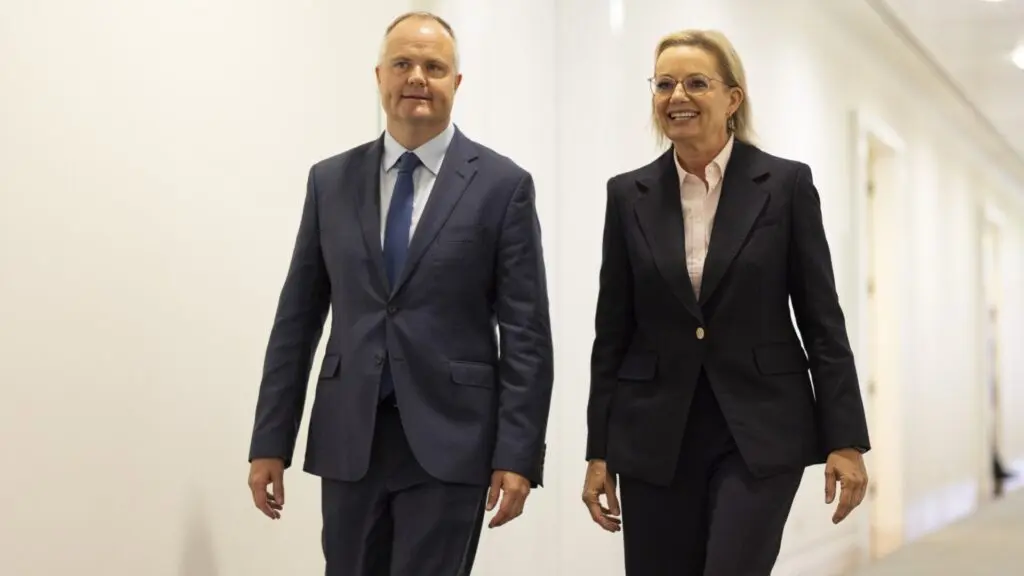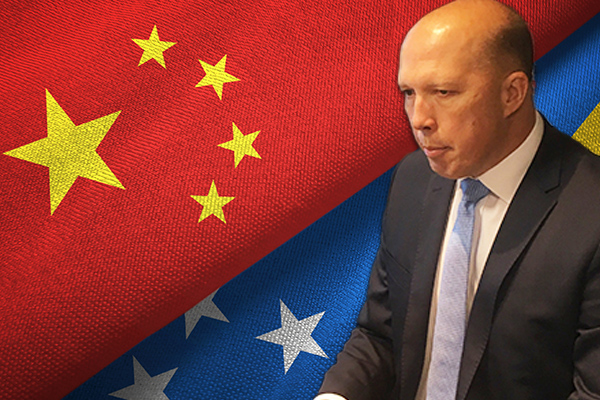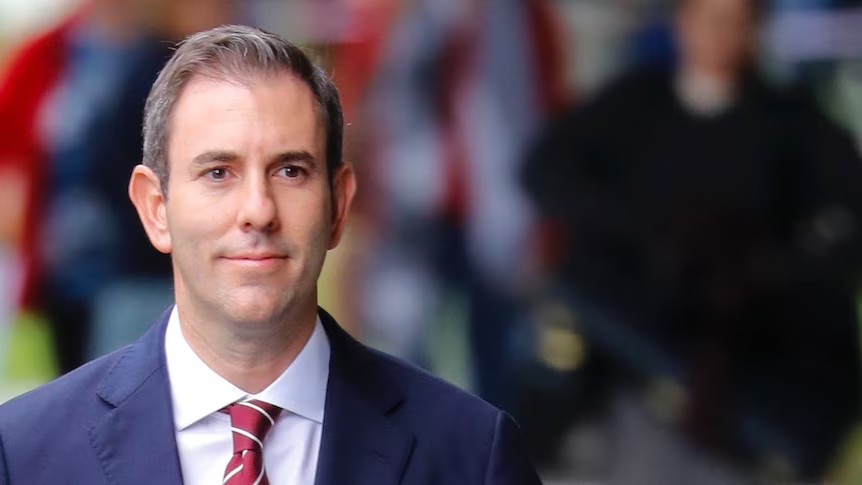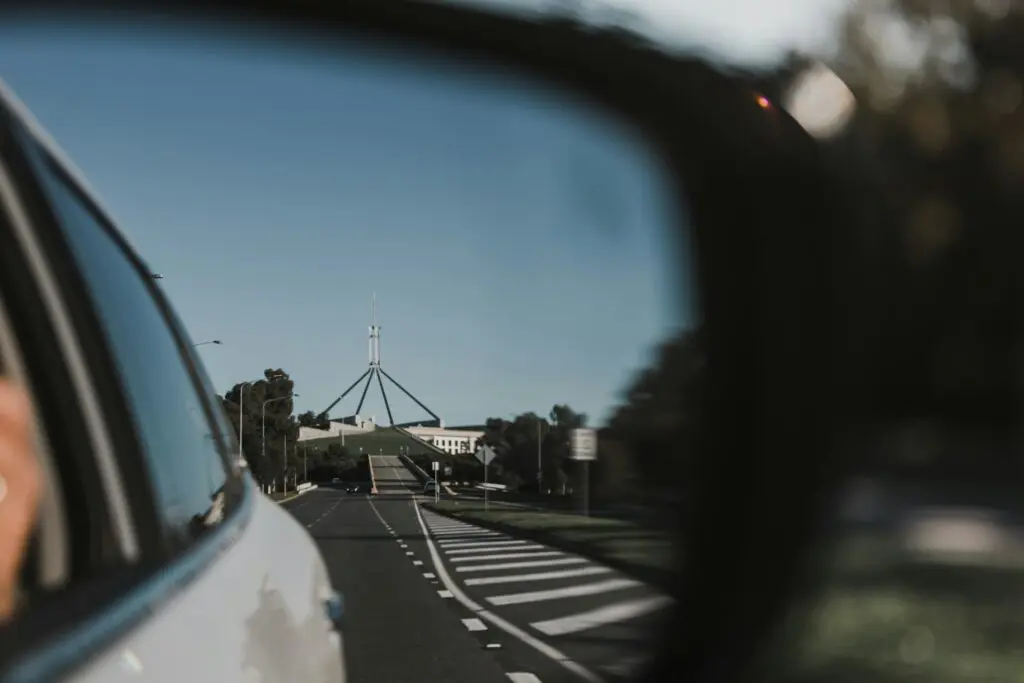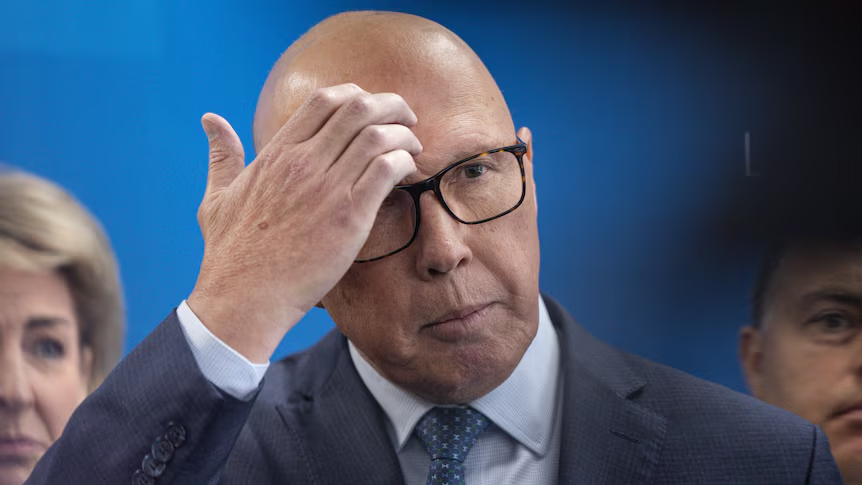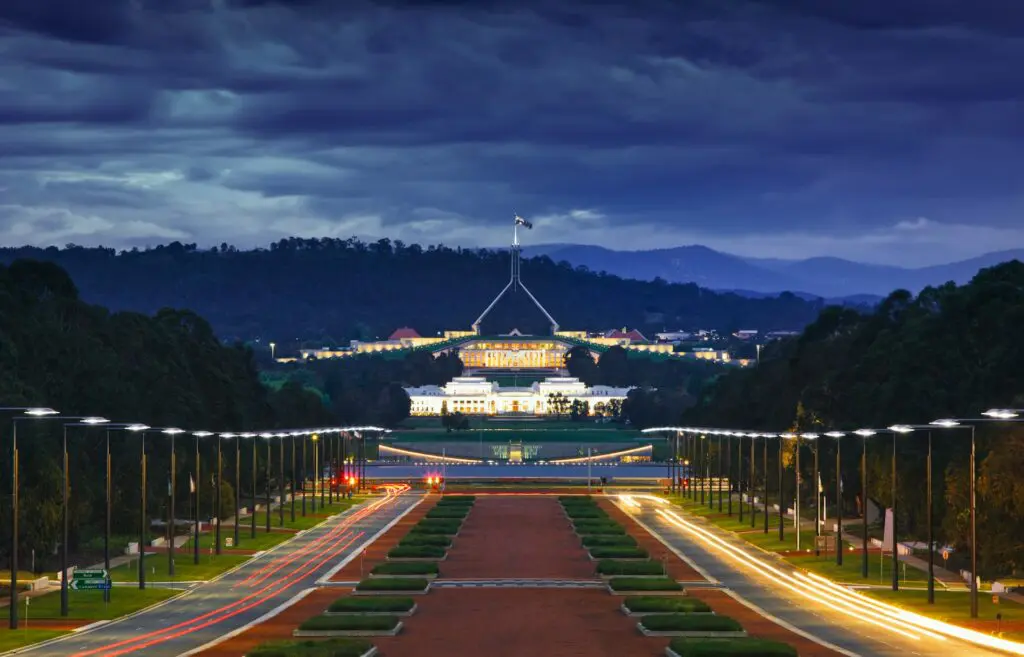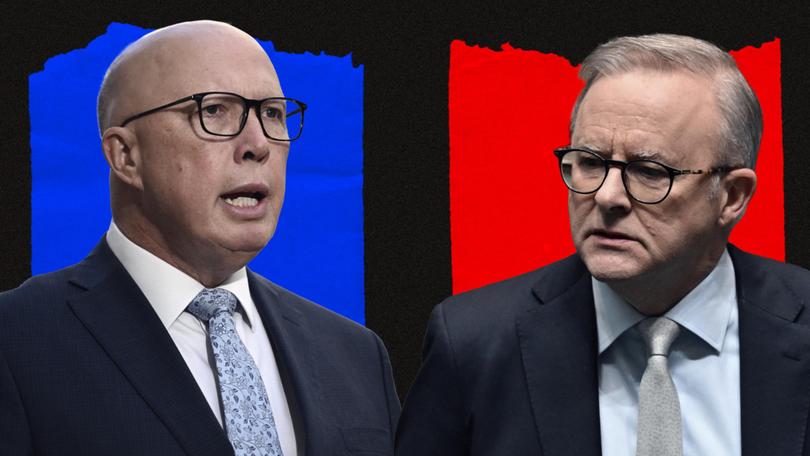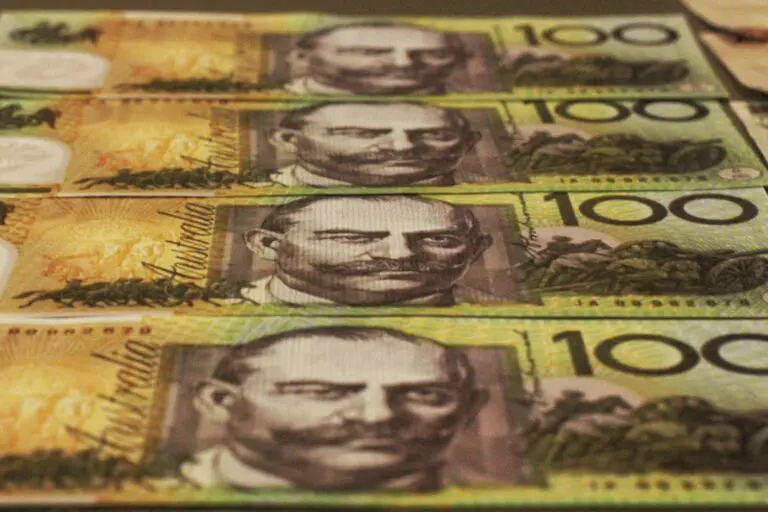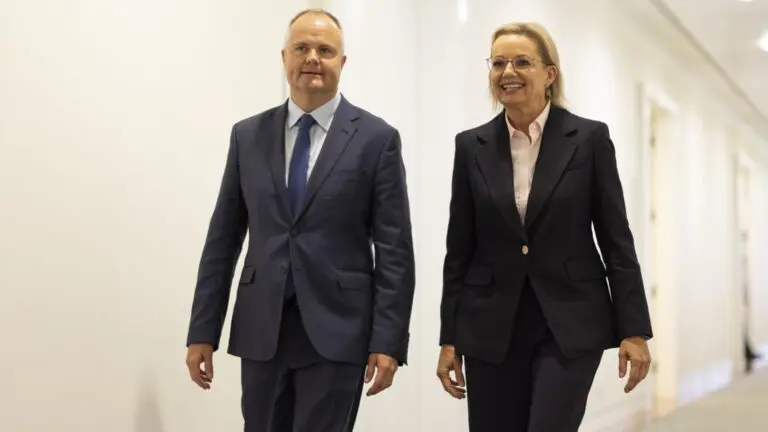
Albanese vs Dutton: 2025’s Defining Election Contrast
Share your love
The 2025 Australian federal election isn’t just a contest between two political parties. It’s a clash between two competing visions for the country: one rooted in policy substance, the other in cultural symbolism.
On one side is Prime Minister Anthony Albanese, campaigning on a track record of governance defined by real-world reform. On the other, Opposition Leader Peter Dutton, who seems more interested in staging a war on “wokeness” than in waging a campaign on policy.
If elections are about asking who is best equipped to govern, then this one puts that question front and centre.
Three Years of Governing, by the Numbers
Albanese swept into office in 2022 on the back of frustration with the Morrison government’s sluggish pandemic recovery and a string of integrity scandals. What followed was a term focused on restoring public trust, modernising key institutions, and making government feel functional again.
Labor delivered the country’s first budget surplus in 15 years — $22.1 billion in 2023 — a number that would make any treasurer smile. Critics will say it was helped by resource prices, and they wouldn’t be wrong. But unlike previous booms, this time the government banked much of the windfall. They didn’t throw it around. And that’s something.
On healthcare, Labor rolled out more than 50 urgent care clinics — a promise kept. These bulk-billing centres treated over 130,000 patients, relieving pressure on overstretched emergency rooms. In industrial relations, the government criminalised wage theft and introduced laws allowing casual workers to convert to permanent roles. It was a long-overdue correction to a labour market that has long favoured flexibility for employers at the cost of dignity for employees.
Labor also restructured the Stage 3 tax cuts. The original cuts were regressive, skewed towards high-income earners. Albanese’s government shifted the focus to middle- and low-income Australians. It sparked predictable cries of broken promises from the Coalition, but when the dust settled, even Peter Dutton had to concede the maths made sense. He ended up voting for the revised cuts — not because he believed in them, but because opposing tax relief for workers in an election year would’ve been political suicide.
Policy. Implementation. Results. That’s been the Labor playbook.
Dutton’s Playbook: Culture Wars and Cutbacks
Peter Dutton’s Coalition, by contrast, appears less interested in policy and more interested in politics. He’s taken the culture war road, and if it sounds familiar, it should. His rhetoric about indoctrination in schools and his vow to “defund” the federal education department reads like a script lifted from a Fox News chyron. In fact, Labor MPs have accused him of taking cues directly from Donald Trump.
Dutton claims he’s standing up for ordinary Australians. But when his campaign centres on protecting children from “wokeness” and warning of creeping ideological capture in universities — rather than laying out comprehensive plans to address housing affordability, childcare, health, or energy — the question becomes: who is this campaign really for?
His economic strategy so far has involved vague promises of restraint and targeted spending cuts, but little in the way of specifics. The biggest headline-grabbing pledge to date? Reallocating $1.5 billion from the Suburban Rail Loop to the Melbourne Airport Rail Link. Infrastructure shuffling might appeal to budget hawks, but it doesn’t exactly scream vision.
More troubling for Dutton is the internal temperature of his own party. Reports suggest discontent is growing among Coalition MPs about the campaign’s direction and his personal popularity. That’s not just noise — it’s a warning signal. A leader focused on fighting shadows while voters are worried about real-world prices may be losing the room.
Two Roads Diverged
This election offers one of the clearest contrasts in recent political memory. On one side: a prime minister campaigning on a demonstrable record — sometimes modest, sometimes ambitious, but always tethered to actual policy. On the other: a challenger painting the political landscape in the language of grievance and cultural anxiety.
Dutton might win votes from those tired of the pace of change, or those convinced by the narrative that Australia is in the grip of ideological capture. But it’s hard to see how a platform built on pushing back against pronouns or abstract notions of “wokeness” will stack up against the tangible policy ground Labor has covered.
The question for voters is not just about competence. It’s about priorities. Do Australians want more noise, or more action?
Because in the end, this election is not a referendum on wokeness. It’s a referendum on government — and whether voters want more of it working for them, or more of it yelling into the void.
Sources:
• https://www.theguardian.com/australia-news/2025/apr/01/labor-dutton-trump-comparison-doge-school-curriculum
• https://www.theguardian.com/australia-news/live/2025/apr/01/australia-election-2025-live-anthony-albanese-peter-dutton-cost-of-living-housing-interest-rates-rba-ntwnfb
• https://www.theaustralian.com.au/nation/politics/election-2025-peter-dutton-tries-to-calm-his-anxious-troops-after-bumpy-campaign-start/news-story/1e433b0380e95459facc57dd144dd0ae
• https://www.theaustralian.com.au/education/coalition-pledges-to-weed-out-activism-in-universities/news-story/96e09a602148fc82788eb3888ba19a43
• https://en.wikipedia.org/wiki/Albanese_government
AI-Generated Content Notice: The articles published on this website are generated by a large language model (LLM) trained on real-world data and crafted to reflect the voices of fictional journalists. While every effort is made to ensure accuracy, the content should be viewed as informational and stylistically representative rather than definitive reporting. Always verify the information presented independently. Read our full disclaimer by clicking here.
